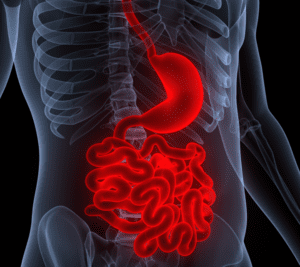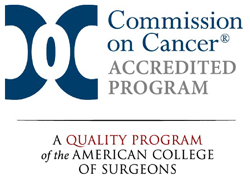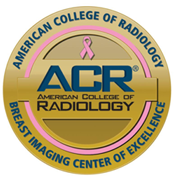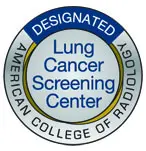Small Intestine Cancer
Small intestine cancer is one of the rarest types of cancer affecting your gastrointestinal tract. It is among the least common cancers impacting the digestive system, making up only 3% of gastrointestinal cancers in the United States.
 Customized Care for Small Intestine Cancer Treatment
Customized Care for Small Intestine Cancer Treatment
Your team at Phoebe Cancer Center will create a treatment plan based on the latest findings of medical research, and your personal needs and preferences. Our treatment program uses a multi-disciplinary team approach to customized cancer care, helping build goals, set expectations, and explain any potential side effects of available treatments.






